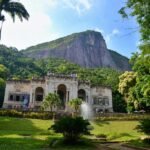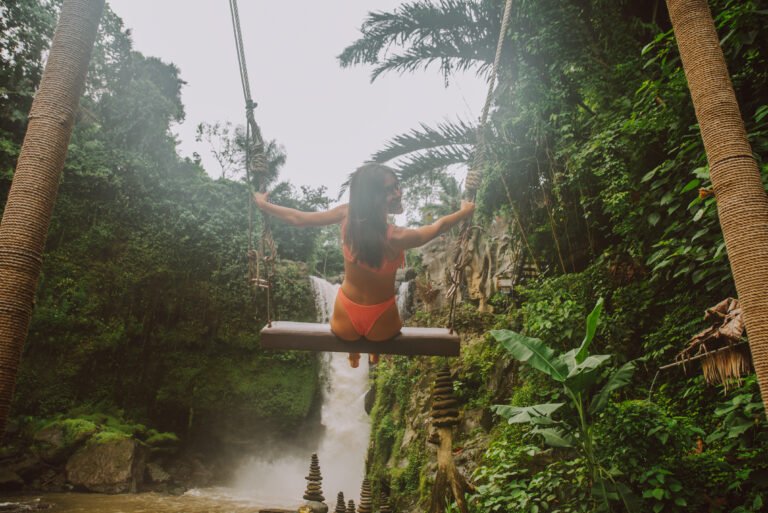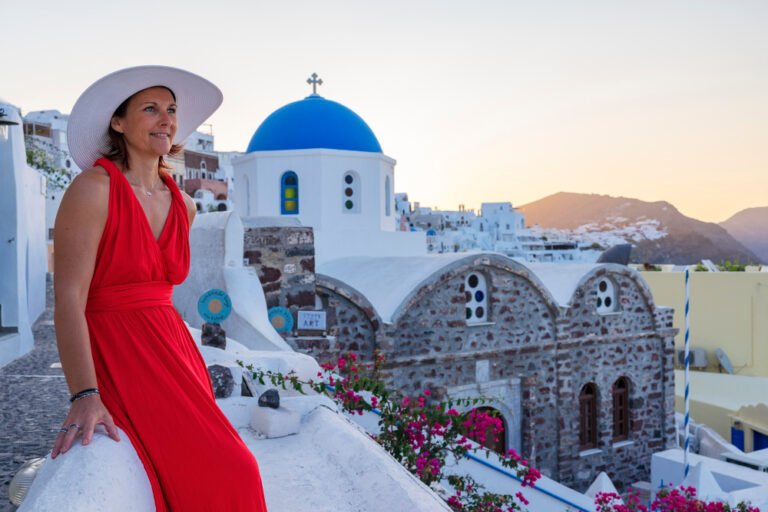Main Info
Brazil is a vast and vibrant country with a rich culture, stunning natural beauty, and a passionate people. From the bustling beaches of Rio de Janeiro to the lush rainforests of the Amazon, Brazil offers something for everyone.
|
Included |
|
|
Excluded |
|
| Hotels Windsor Leme Hotel Wish Hotel da Bahia |
Itinerary
Upon arrival at the airport, you will be met by a representative and transferred to your hotel.
In the afternoon, head to Sugar Loaf. This tour begins with a city panoramic view through downtown Rio, passing by the Sambodrome, the Metropolitan Cathedral, in pyramid form, with an internal diameter of 96 meters and a height of 80 meters. Get to know the traditional Cinelândia Square with the historical buildings, the Municipal Theater, the National Library, and the National Museum of Fine Arts. By taking the Aterro to do Flamengo, you will be taken to the neighborhood of Urca where it is located one of the largest symbols of the city: the Sugar Loaf. This visit is made in two steps by cable car. The first cable car takes passengers to Urca Hill which is 215 meters high and from where one can have a beautiful view of the Guanabara Bay and its islands, the Rio-Niterói Bridge, and Corcovado hill. From this stage, a second cable car will be taken up to the top with 395 meters to find a splendid view from Copacabana Beach, the Santa Cruz fortress, and some beaches of Niterói.
After, return to your hotel for overnight.
| Overnight in Rio de Janeiro
Breakfast at the hotel, morning at leisure.
In the afternoon, enjoy a half-day tour of Corcovado. On this tour, you will visit the amazing Christ the Redeemer. It stands on the top of the Corcovado Mountain (2,300 feet above sea level). To get there, we will drive through the Laranjeiras residential district and the quaint Cosme Velho to the Corcovado train station, where you will board a cogwheel train for a 20-minute ride that crosses Tijuca Forest-the largest urban forest in the world. It has 8,000 acres of tropical rainforest right in the middle of Rio de Janeiro. Once on
the mountaintop, guests will be amazed by the construction of the statue which consists of 120 feet of concrete and soapstone above the spectacular 360 views over the city. The return itinerary will take you through the Rebouças Tunnel, which leads to the Rodrigo de Freitas Lagoon, a mirror lake boarded by residential buildings and gracious mansions, rolling, green hills, and exotic gardens. Returning to the hotel, you will be sure that you have enjoyed the most amazing tour of your life.
| Overnight in Rio de Janeiro
| Breakfast
After breakfast, head to a guided visit to the Port of Rio.
You will visit places like “Pedra do Sal“ (Stone of Salt) where the slaves came first and were exposed and waited till they were sold. Visit the Conceição Bay, one of the first regions where the slaves lived, played ball, did the Capoeira, kept their traditions, and could live without being bothered by the Brazilians. In this region, they still preserve the Big House from the Colonial Era. In the afternoon, you will visit the H. Stern Museum, a museum with a beautiful collection of semi-precious stones. In the evening, head to Ginga Tropical for a churrascaria dinner and show. Ginga Tropical: Brazilian Roots will bring to you a multicultural show with a lot of joy and energy, with an on-stage showcase of Brazil’s varying cultures.
| Overnight in Rio de Janeiro
| Breakfast, Dinner
Following breakfast, you will be transferred to the airport for your flight to Salvador (flight not included, to be booked by the agent).
Upon arrival in Salvador, transfer to your hotel. Today, visit “Terreiro de Candomble.“ Candomblé is an African-originated or Afro-Brazilian religion practiced mainly in Brazil by the “povo de Santo “ (people of the saint). It is a mixture of traditional Yoruba, Fon, Ewe, and Bantu beliefs that originated from different regions in Africa. It has also incorporated some aspects of Catholicism over time. It officially originated in Salvador, Bahia at the beginning of the 19th century when the first Candomblé temple was founded, but it traces back to the earliest days of the slave trade when enslaved Africans brought their beliefs with them when they were shipped to Brazil. It is an oral tradition and therefore has no holy scripture. Practitioners of Candomblé believe in one all-powerful God called Oludumaré, who is served by lesser deities, which are called orishas. Candomblé practitioners believe that every person has an orisha that controls his or her destiny and acts as a protector. Music and dance are important parts of Candomblé ceremonies since the dances enable worshippers to become possessed by the orishas. The rituals also involve offerings from the mineral, vegetable, and animal kingdoms.
There is no concept of good or bad in Candomblé; each person is required to fulfill his or her destiny to the fullest.
| Overnight in Salvador
| Breakfast
Breakfast at the hotel.
Today, enjoy a half-day African heritage tour. Salvador keeps a remarkable presence of African identities brought through the transatlantic slave trade from the coast of Africa to Brazil. This itinerary will start at the Fort and Lighthouse Barra, one of the ports of the arrival of enslaved Africans in the city. We will proceed to the Tororó dike and visit the monument dedicated to the valuable legacy of African religious heritage through the worship of Orixas. The next sites are located in the Cidade Baixa (Lower City), where we will visit other central locations in the historical processes that mark the presence of Africans in Bahia and Brazil. The next site is the historic downtown area, and the Afro-Brazilian museum, in which there is a rich collection that highlights the African perspective in the formation of Brazilian identity and culture. The itinerary includes the Society for Black Protection, an organization led by former slaves and dedicated to promoting the liberation of enslaved Africans and their descendants. Then, we will visit the church of the Rosary of the Blacks, the first Black Christian religious brotherhood in the New World.
We will conclude this itinerary by visiting the Museum Casa do Benin, one of the main African cultural centers in the state of Bahia.
| Overnight in Salvador
| Breakfast
Breakfast at the hotel.
Today, you will head on a full-day Cachoeira tour. Explore the farming hinterland on the western side of the All Saints’ Bay. This is the land of sugar cane plantations, peaceful colonial towns, and busy country markets, a day full of insight into the lifestyle of rural Brazil. We will stop at the country market town of Santo Amaro and then continue to Cachoeira. After lunch, we take a walking tour of the town and then cross to the western bank of the river and visit the Danemann Cultural Center where world-class cigars are being expertly rolled.
A journey back in time to the Brazil of yesteryear. Lunch will be served at a local restaurant.
| Overnight in Salvador
| Breakfast, Dinner
After breakfast, you’ll be transferred to the international airport for your flight home.
| Breakfast




